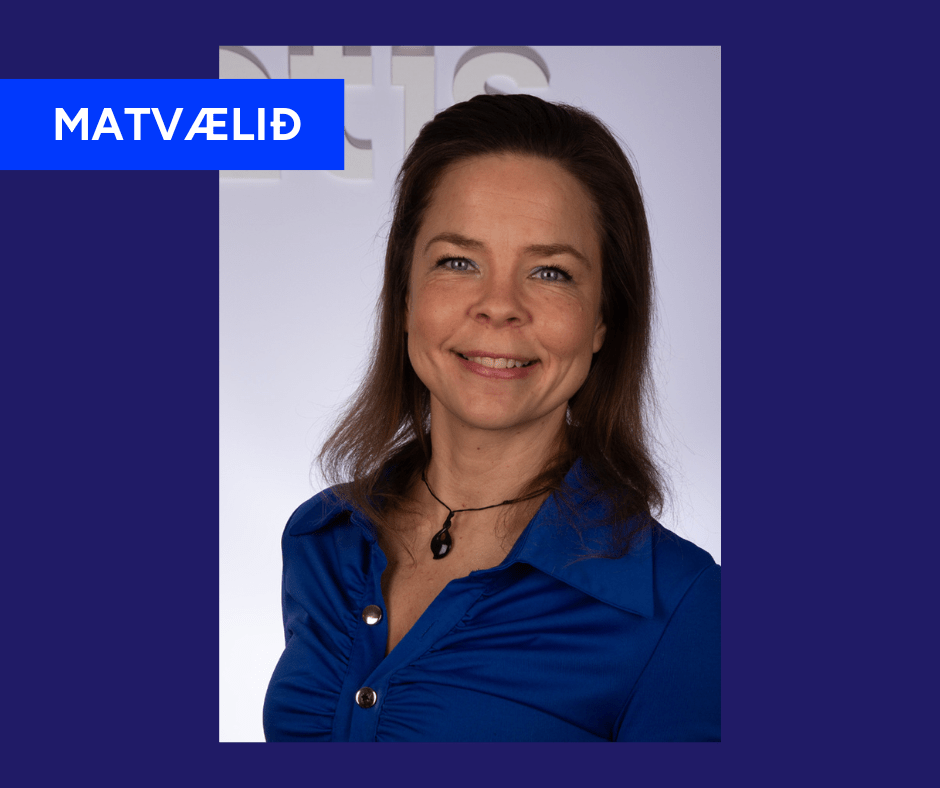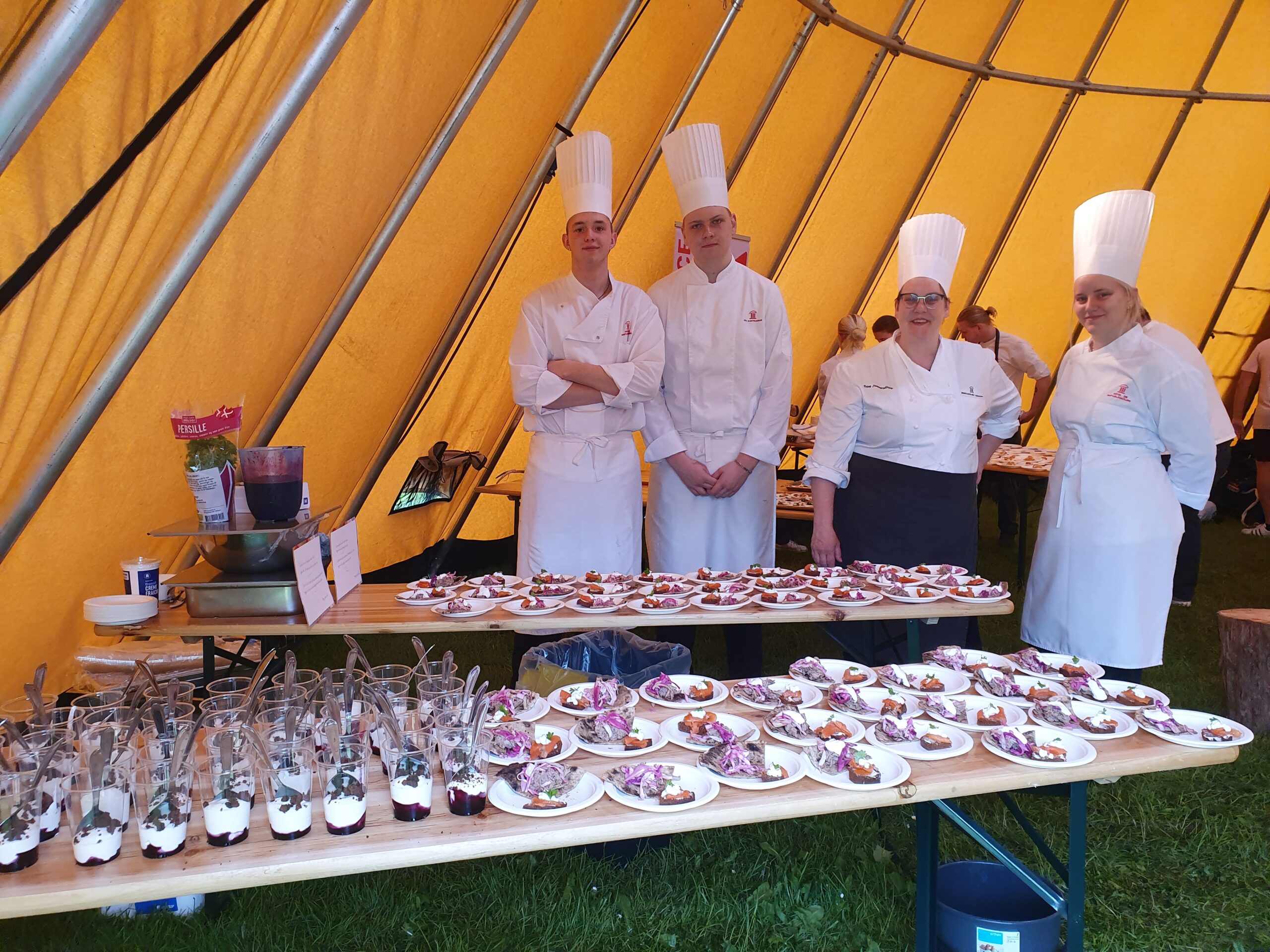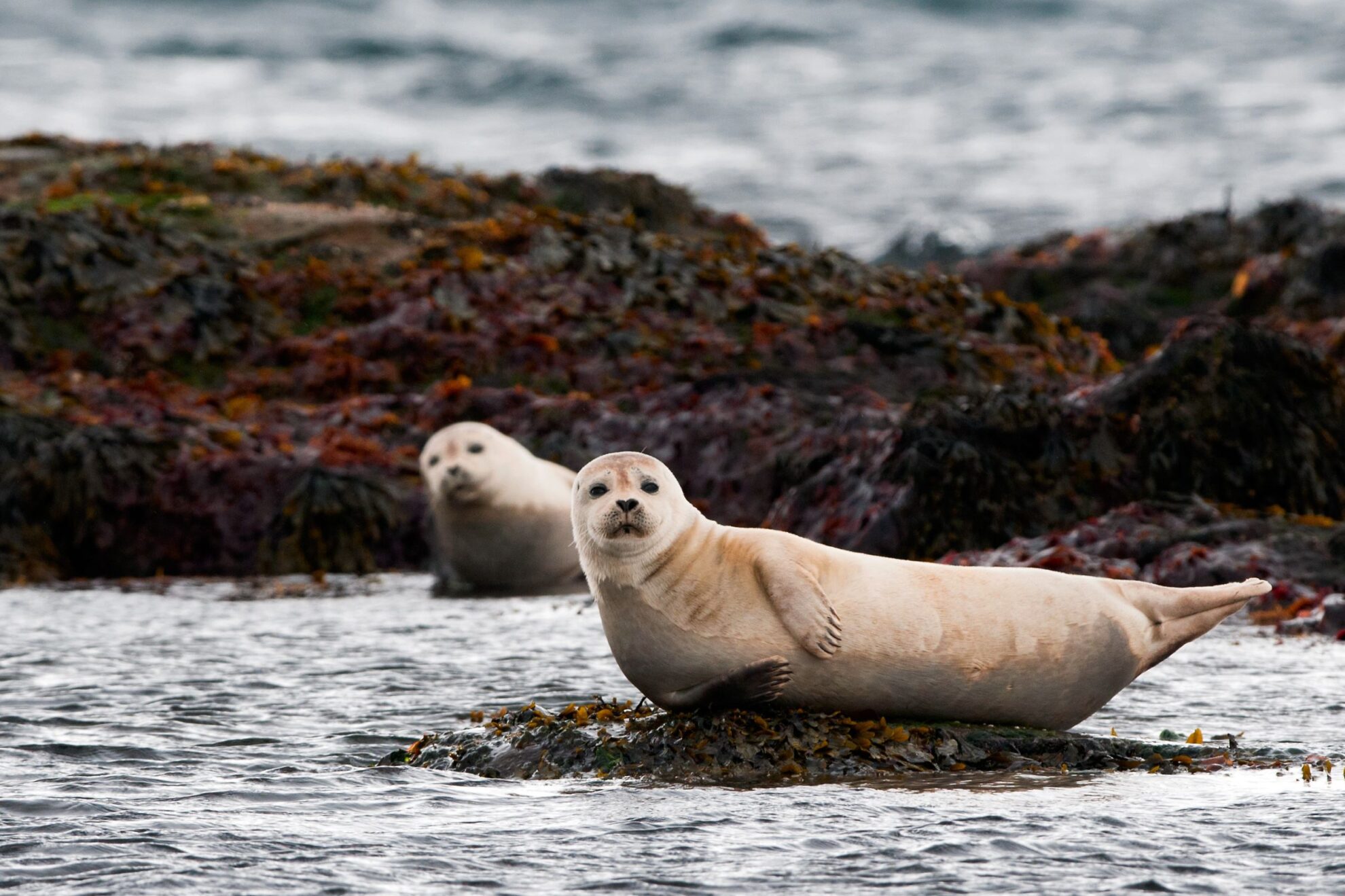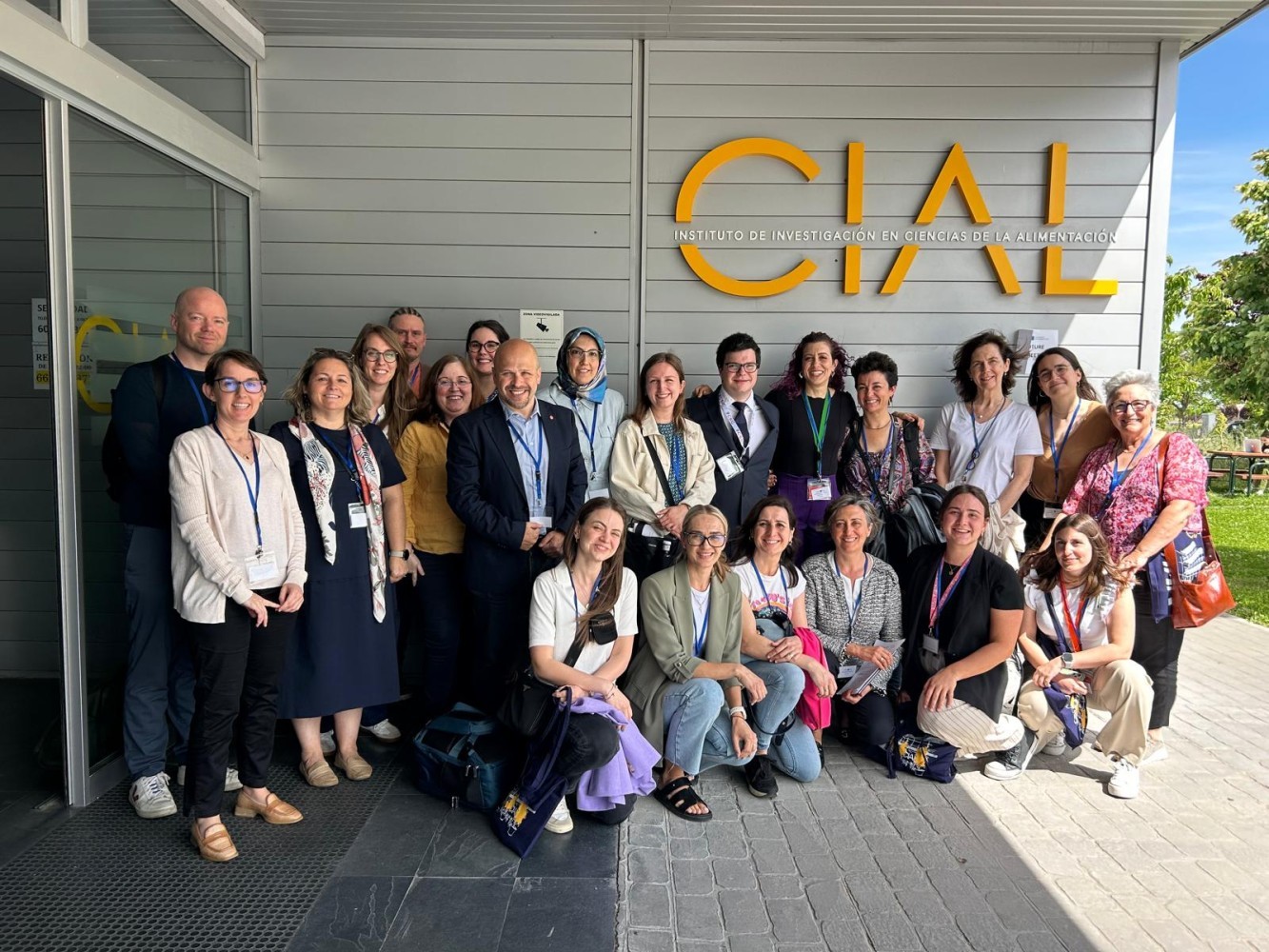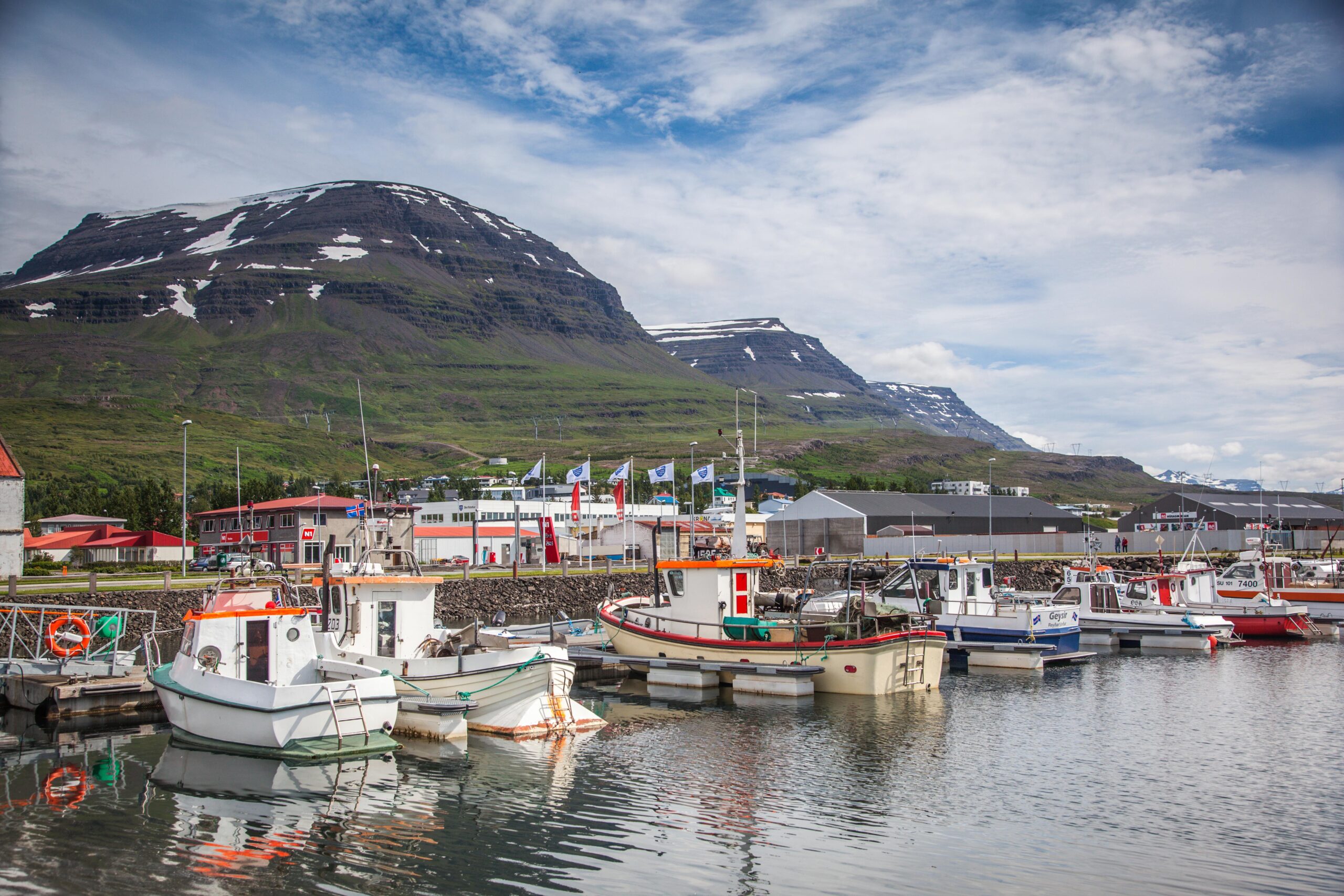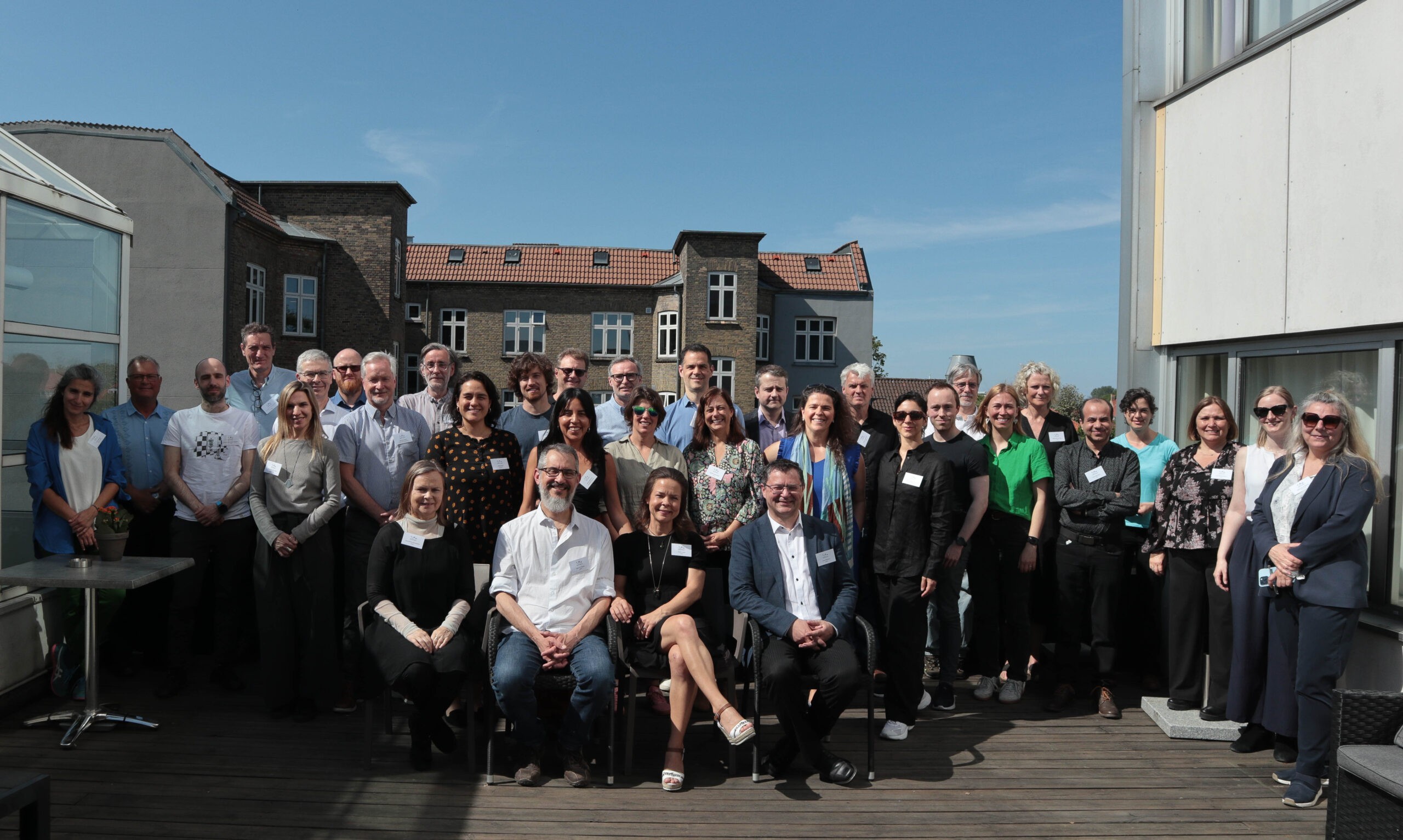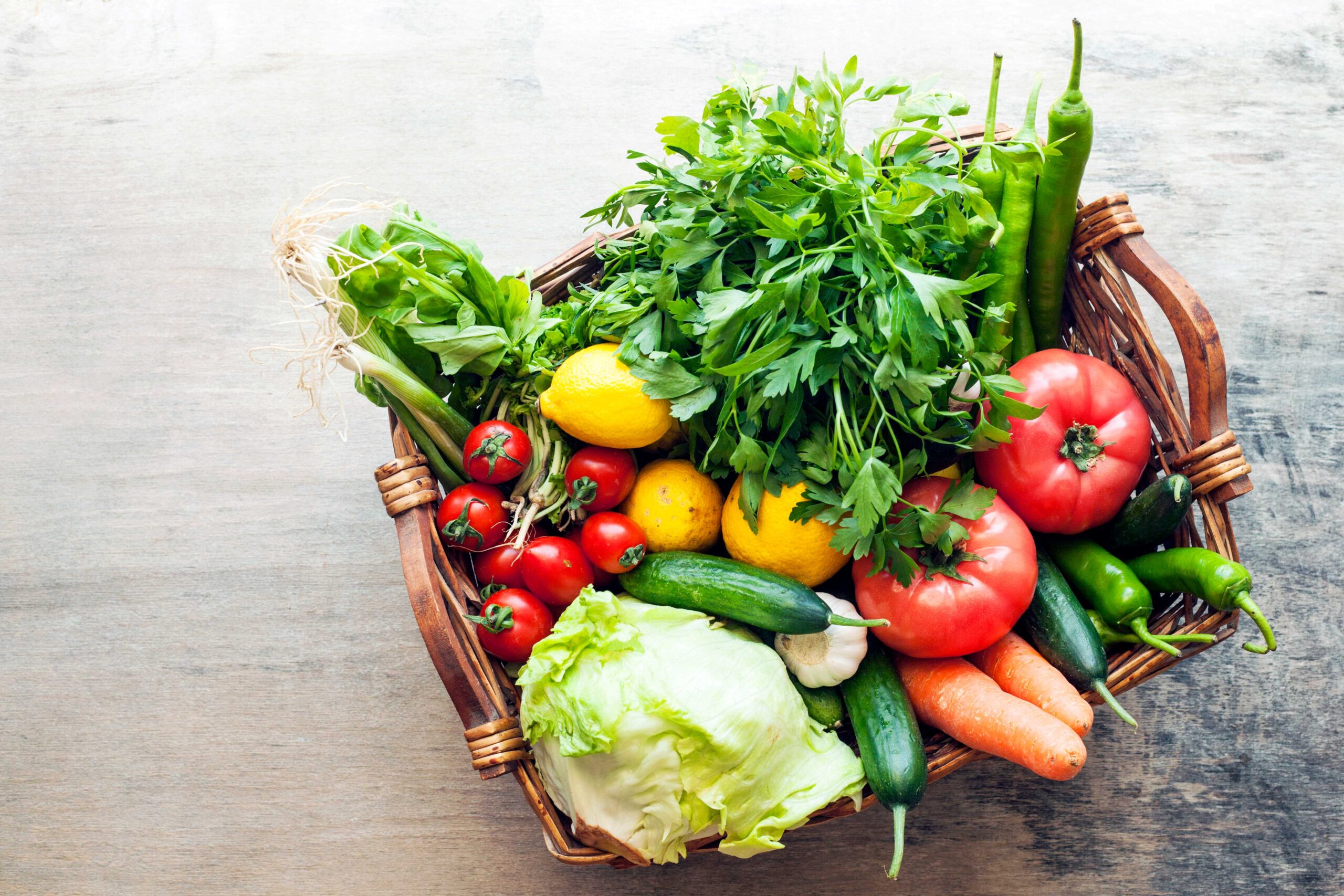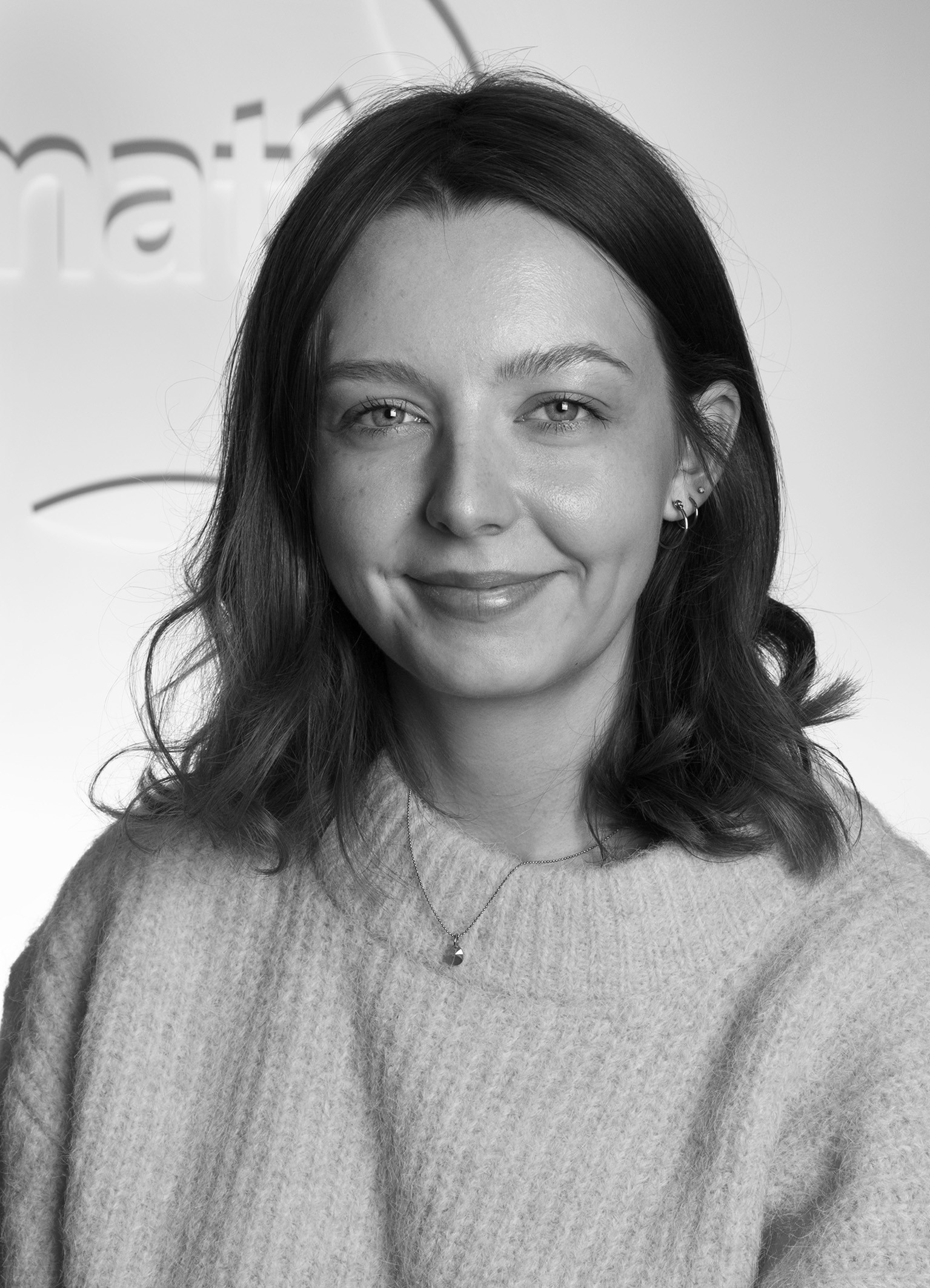Plastrannsóknir ,,Það þurfa öll lönd að gyrða sig í brók, fara að mæla þetta og segja stopp“
Undanfarin ár hafa verið unnin ýmis verkefni hjá Matís sem viðkoma plasti á einn eða annan hátt. Sophie Jensen, verkefnastjóri […]
Plastrannsóknir ,,Það þurfa öll lönd að gyrða sig í brók, fara að mæla þetta og segja stopp“ Nánar »
